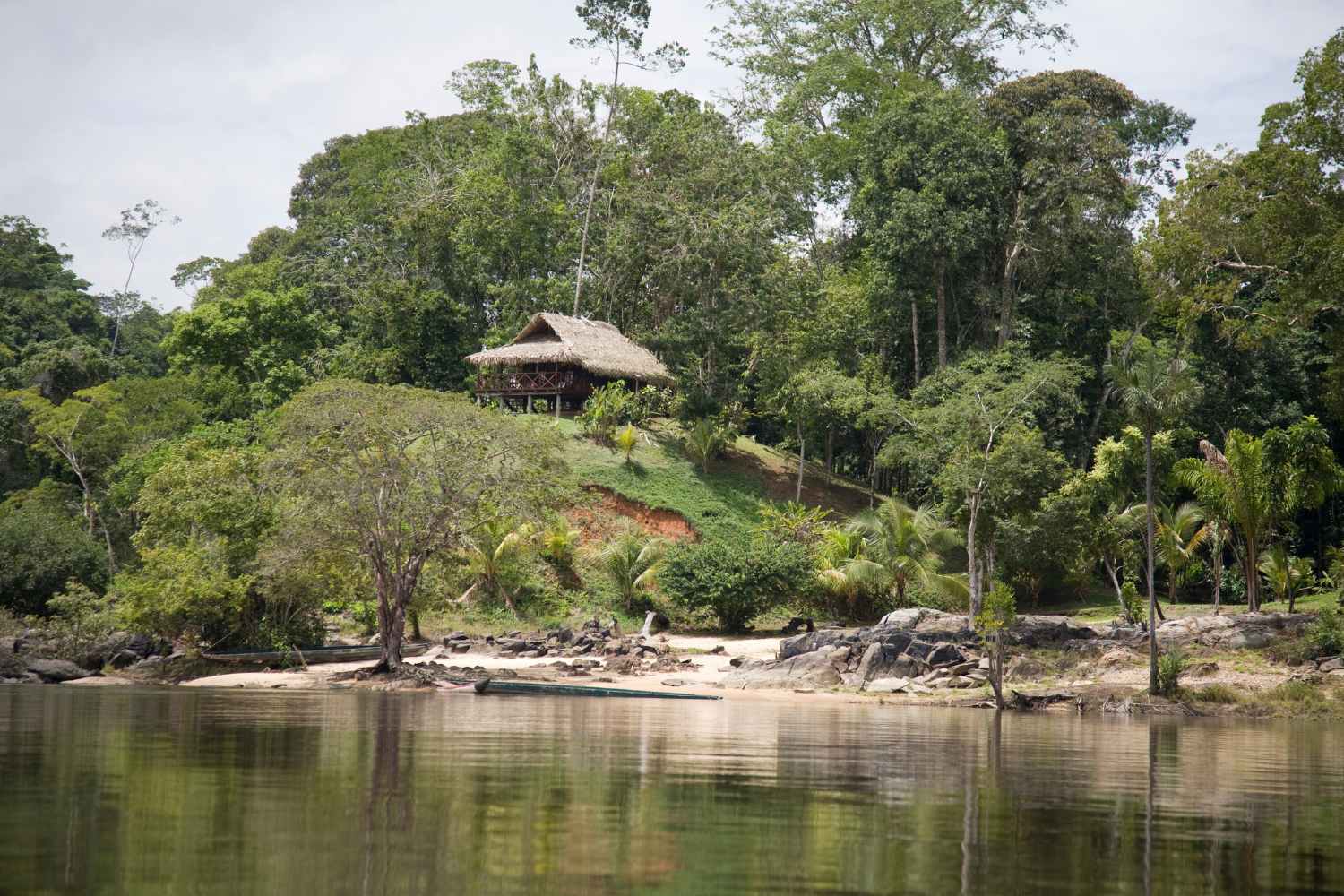During New York Climate Week, Suriname announced a historic commitment: to protect forever 90% of its forests, far exceeding the global 30×30 target. A model of green and inclusive economy for the future of the planet

Table of contents
During New York Climate Week, at the end of September, the government of Suriname announced an epochal step: permanently protecting 90% of its forest cover. The announcement, made by Foreign Affairs Minister Melvin W.J. Bouva on behalf of President Jennifer Geerlings-Simons, came during the Global Citizen NOW: Impact Sessions, just weeks before COP30 in Belém, Brazil.
A gesture that goes far beyond the global “30×30” target, which aims to protect 30% of land and oceans by 2030.
Suriname today has the highest forest coverage in the world: approximately 93% of its territory is covered by tropical rainforest, much of which is primary and intact. These forests sequester over 900 million tons of carbon, helping to keep the country among the few in the world to be a net carbon sink.
“We understand and accept the immense responsibility of managing over 15 million hectares (37 million acres) of tropical rainforest,” declared President Geerlings-Simons. “We envision an economy powered by our forests and biodiversity, while ensuring decent incomes for all citizens.”
A commitment that goes beyond environmental conservation: the government aims to develop a bioeconomy model, supported by an update to national legislation on protected areas expected by the end of the year.
This new law aims to strengthen the legal protection of forests and recognize the ancestral lands of indigenous and tribal communities, paving the way for new opportunities in nature-based tourism, cultural tourism, and the carbon market.
A global coalition for nature
Supporting Suriname’s initiative is an international coalition of environmental organizations, including Rainforest Trust, Re:wild, Andes Amazon Fund, Art into Acres, and the Liz Claiborne and Art Ortenberg Foundation, which have committed $20 million to launch protected areas and conservation projects.
“President Geerlings-Simons’ commitment is nothing short of historic,” commented James Deutsch, CEO of Rainforest Trust. “It demonstrates that Suriname is ready to lead nature protection and the fight against climate change not just in words, but in deeds.”
Russell Mittermeier, chief conservation officer at Re:wild, also emphasized the value of the gesture: “This sets a new standard for the entire Amazon region. Suriname’s leadership is truly unprecedented, and the country’s future has never looked brighter.”
For John Goedschalk, climate change and biodiversity expert, the new legislation “will constitute the cornerstone of conservation in Suriname for generations to come.” The law, he added, “will democratize conservation by making it inclusive and economically sustainable, introducing biospheres and conservation areas for indigenous communities.”
Re:wild’s Latin America director, Chris Jordan, also recalled the cultural importance of the commitment: “By protecting what makes Suriname unique, this administration is safeguarding benefits not only for its people, but for the entire planet.”
A model for other nations
Suriname hosts extraordinary biodiversity: over 700 bird species, 100 amphibian species such as the colorful okopipi (blue poison dart frog), and iconic mammals like jaguars, tapirs, and giant river otters. A natural and cultural heritage that the country intends to transform into an engine of sustainable development.
“With vision and leadership we can do more, together,” stated Haley Mellin, founder of Art into Acres. “Suriname is demonstrating that safeguarding nature and defending the rights of indigenous peoples can go hand in hand.”
For Enrique Ortiz of the Andes Amazon Fund, “protecting at least 90% of forests is crucial for the ecological connectivity of the Guianas and the Amazon biome.”
A green beacon for the planet
In an era marked by climate crisis and increasing deforestation, small Suriname — nestled between Guyana and Brazil — positions itself as a global model of environmental leadership with a vision of a future where conservation and prosperity can coexist.
As Megan MacDowell of the Andes Amazon Fund said: “Suriname is building an economy based on protecting nature, maintaining its status as the greenest country on Earth.”
Source: Rainforest Trust
